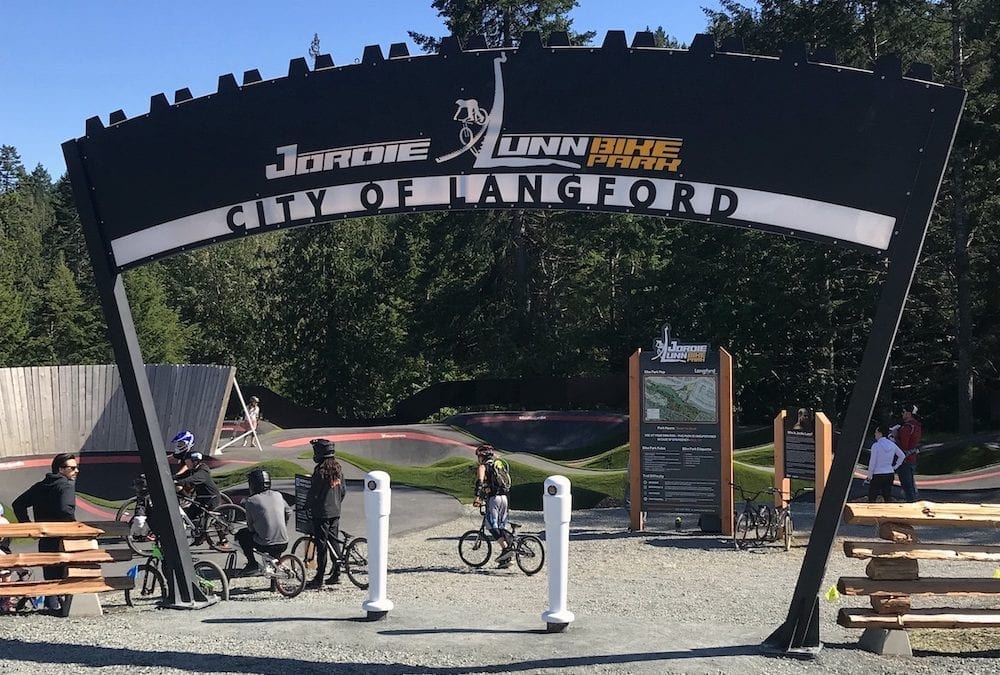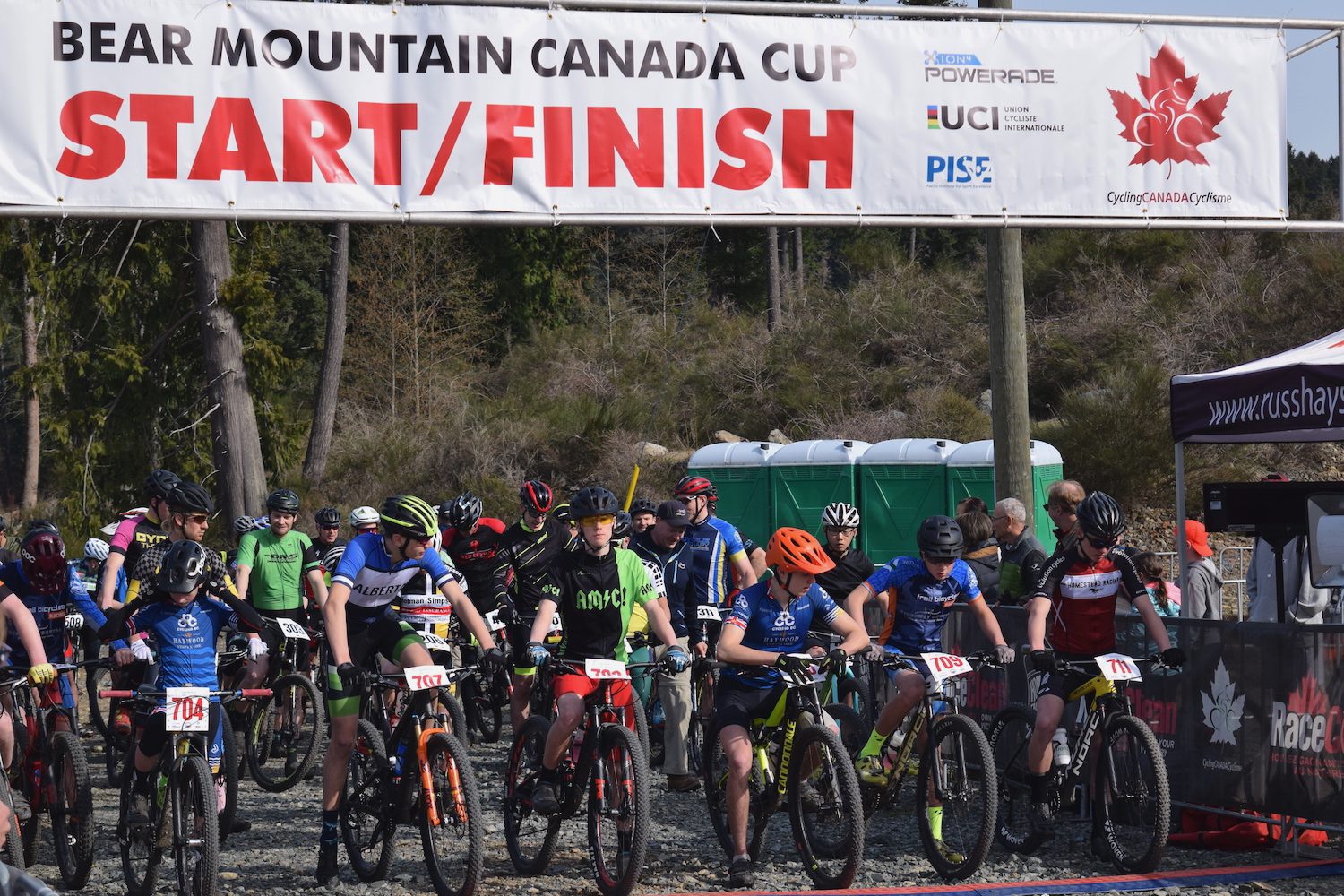What does 94 Forward’s “regional hub” mean for Canadian riders?
New project is still open, but wants to connect riders across disciplines across Canada

When Cycling Canada and 94 Forward announced a new funding partnership this week, the focus was mainly on the monumental size of the investment. Which is fair, the $2 million dollar commitment is the single largest private funding contribution in Cycling Canada’s history. But what does the new partnership mean for riders?
At the heart of the plan is a new “regional hub,” that will be based in Victoria, B.C. I stopped by Jordie Lunn Bike Park, where the hub will eventually be based, to talk to Jon Watkin (Panache Cycling Sports Co.)about what, exactly, the hub will be. Watkin is, as of July 1, the Hub Development Lead for the Victoria region hub.
First things first, the regional hub will not be a physical space. Watkin will operate out of a building, still in progress, on site at Jordie Lunn Bike Park, but the hub’s reach is intended to be far wider ranging.
“The bike hub is a concept,” says Watkin. “How do you develop a cohesive community of cycling, that gets people into the sport but also builds a foundation to get people from participant to a competing at a high level.”

The idea is to connect the various levels of participation to create a pathway from participation to podiums. An important part of the hub concept is that that pathway travels both directions.
We’re trying to create a mechanism to eventually produce people to compete at the highest level, but also people that connect with the youth. High performance is a two way street. We’re working toward the idea of “gracious champions,” Watkin explains. “You’ve got the Mike Woods and Catharine Pendrels, riders who create a pull and inspiration for younger riders.”
How exactly it will operate is still being determined, but Watkin wants to bring in as many cyclists as possible. That means reaching across disciplines, connecting Victoria’s long history in road, track and mountain biking. It means connecting riders of all abilities, from younger developing athletes before the “elite stream” funding takes over. Last, it mean’s connecting riders across the country.
Watkin is looking at all kinds of outlets, from fostering grassroots participation and creating local events, direct athlete support, assistance finding partnerships, training support or access to racing. “It’s everything from grassroots events to supporting NextGen, Provincial Sport and high performance training camps,” says Watkin.
That includes riders outside of Victoria. Since lower Vancouver Island stays mostly-snow free, it works as a year-round training base. For mountain bikers, road, gravel, cyclocross. Anything you want.
“The intent is to make it something that is accessible to the whole country,” Watkin adds, “It’s not just Victoria that’s going to benefit.”
Once the hub is more reality than concept, the plan is to use the lessons learned to help develop other similar regional centers.
“Victoria is the first of hopefully more centers across Canada. We’re the pilot project. My role will be to pull all these pieces together into a cohesive, productive way. We’re developing a framework, that hopefully we can pass to other places so it can be duplicated easily.”
For now, interested groups and athletes can reach out to Wakin directly, or to Matt Jeffries at Cycling Canada, to get involved in the hub. As it develops, the plan is to formalize that process.
Some history – 94 Forward and Cycling Canada
Most riders will be familiar with Cycling Canada, if not necessarily what the organization’s role is outside of high performance sport. 94 Forward is less recognizable. The organization manages the legacy fund from the 1994 Commonwealth Games, which were held in Victoria, and funds high performance organizations across various sports.
The current hub is part of Cycling Canada’s new strategic plan, which is trying to improve its local and regional support for riders before they hit the elite level. This means providing better support for the growth and development of the cycling community at the grassroots and community level, and developing the connections between Cycling Canada and regional and provincial programs.
